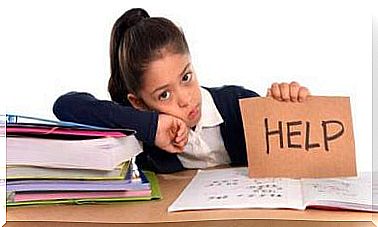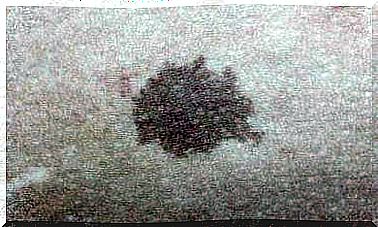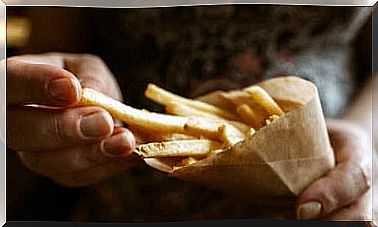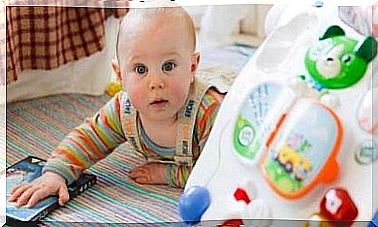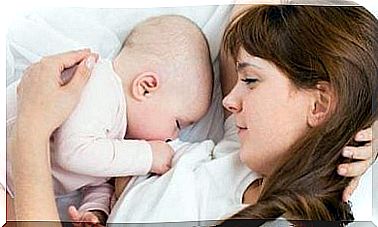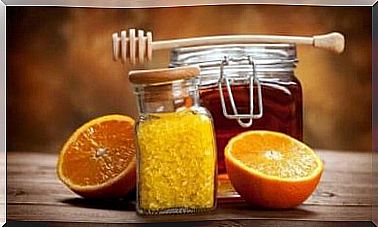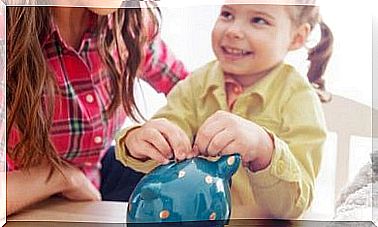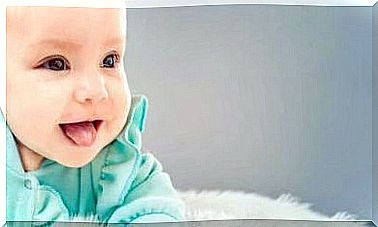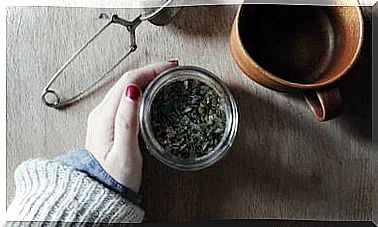How Much Water Does Your Baby Need?
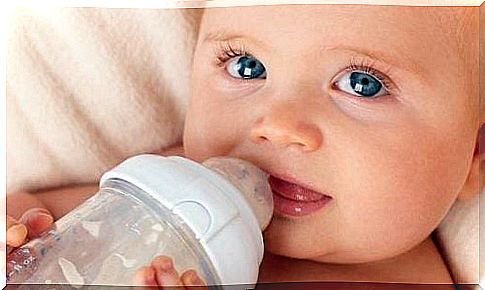
The answer to the question ” How much water does my baby need ?” it can vary according to the age of the little one. For example, a baby who is exclusively breastfed does not need water, because the milk that flows from the mother’s breast contains enough.
From the age of six months, however, when the complementary feeding phase begins, the baby will begin to drink water ranging from 0.6 liters (at six months) up to 2.8 liters (during ‘adolescence).
When a baby is exclusively breastfed, he does not need to drink water, unless he has experienced an unexpected loss of fluids due to vomiting, diarrhea or a high fever. In these cases, it is necessary for the child to take water to replenish the fluids he has lost.
The recommendation not to give water as a complementary liquid also applies to babies who take the bottle on request, prepared correctly and specifically. Again, the same exceptions apply: You should only drink water if you experience an unexpected loss of fluids. Read on to find out more and answer the question “How much water does my baby need?”.
The rules change when the baby starts eating foods other than milk, usually around the age of six months. In other words, when he begins to try other foods in the form of soups, baby food and cooked fruit. From this age and up to the first year of life, the baby should drink 0.6 liters of water per day. That’s how much water he needs to grow well.
The amount of water the baby needs to drink will increase as he grows. As a result, ages two to eight need to consume 1.8 liters of water per day. From the age of nine, this quantity increases again to 2.5 liters for males and 2.2 liters for females.
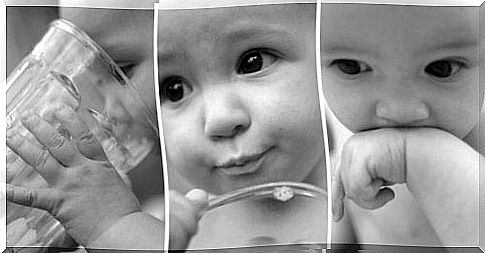
How much water does your child’s body contain
Half of a woman’s total weight is made up of water. In humans, however, this proportion is equivalent to two thirds of his body weight. Consequently, water represents the most important element of the human body, as well as of the entire planet. You will have already heard that the planet Earth should be called Water, due to the large amount of liquid from which it is formed.
It is not taken for granted that water is the predominant element in your baby’s body. Its preponderance equals its importance and its functions. Water is the element in which bodily substances are diluted: among others, blood, lymph, secretions, urine, faeces… It contributes to the transport of the nutrients your child needs. It also ensures that these are diluted, digested and absorbed by the body.
Water is also the substance responsible for the metabolism of all cells and is necessary for adequate lubrication of joints and other tissues. At the same time, we need it for the proper elimination of cell waste products and their metabolism. It is essential for maintaining an adequate body temperature, by means of complex mechanisms such as evaporation and sweating.
For these reasons, it is essential, as well as beneficial, that you pay particular attention to how much water your baby takes. Likewise, it is imperative to teach him why it is important that he drinks regularly throughout the day. Especially when exercising, eating at the school cafeteria and when he is in particularly hot closed places or where the heating is on.
There is another point in favor of drinking water as a healthy lifestyle habit for your child: it prevents overweight. There are some interesting studies conducted in schools over a whole school year. Their conclusion is that the consumption of this clear liquid was associated with a 31% decrease in the risk of being overweight.
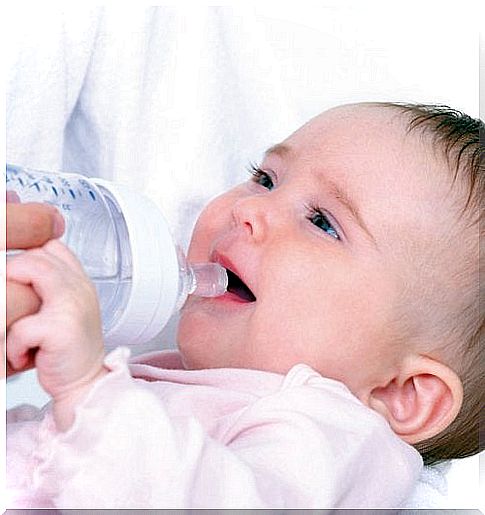
Boil it: yes or no?
For most of us, boiling the water we use to prepare the baby’s bottle and meals is a real rule. In fact, the classic texts of pediatrics recommended preparing the bottle with drinking water left to boil for five or ten minutes. The aim was to eliminate any risk of infection.
However, this recommendation can be counterproductive to the baby’s health. Boiling the water for this long, in fact, can raise the concentration of chlorides, sodium, sulphates, calcium or magnesium, depending on the origin of the water.
Consequently, boiling water for public consumption of certain populations can cause an excessive intake of ions, according to the standards of the European Society for Pediatric Gastroenterology, Hepatology and Nutrition (ESPGHAN).
This paradigm shift may seem contradictory to many mothers who are used to being told otherwise. Consequently, it is necessary to know the composition of the water being boiled. The alternative is to use mineral water, which, according to pediatric specialists, should not be boiled.
However, you can also rely on the recommendation of the World Health Organization, which recommends boiling the water for one minute, starting from the moment when bubbles start to form on the surface. It is not even too much to consult the information contained in a very comprehensive book, entitled Mineral water in childhood .
In this text, just like in Natural mineral water: the recommended drink for children , it is emphasized that natural mineral water must be the reference drink for children. That your baby consumes water in adequate quantities is not only important, but above all essential, because every cell in our body needs it in order to function.

